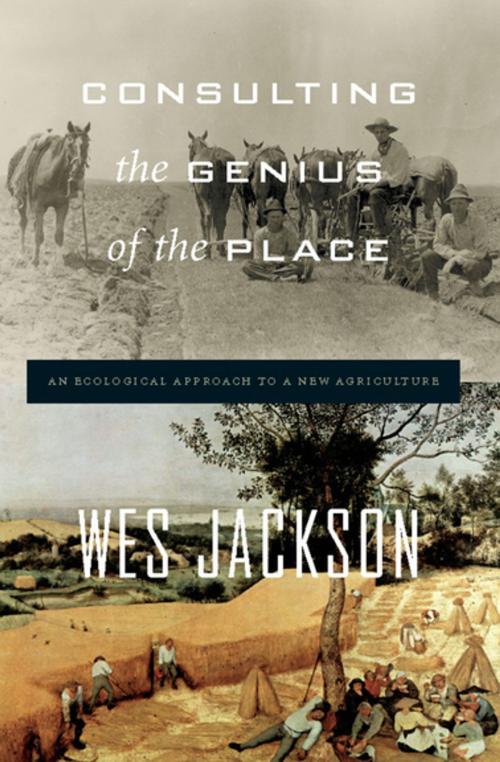Consulting the Genius of the Place
An Ecological Approach to a New Agriculture
Nonfiction, Science & Nature, Nature, Environment, Natural Resources, Technology, Agriculture & Animal Husbandry| Author: | Wes Jackson | ISBN: | 9781582438481 |
| Publisher: | Counterpoint Press | Publication: | September 1, 2011 |
| Imprint: | Counterpoint | Language: | English |
| Author: | Wes Jackson |
| ISBN: | 9781582438481 |
| Publisher: | Counterpoint Press |
| Publication: | September 1, 2011 |
| Imprint: | Counterpoint |
| Language: | English |
A call to agricultural revolution from a locavore and author who is one of “the most prominent and effective advocates of American environmental thought” (Prairie Fire Newspaper).
For years, Wes Jackson has made it his mission to raise Americans’ awareness about where their food comes from. Focusing on locally grown and produced food, the locavore movement—joined by food experts and enthusiasts including Alice Waters, Michael Pollan, and Barbara Kingsolver—strives to return agriculture to a more community-based endeavor. This would not only improve the quality of the meals we eat, but protect the land from agricultural processes we’ve grown too dependent on.
In this volume, ranging in topic from the history of the earth to the use of modern chemicals and pesticides to the effects of global warming, Jackson outlines a plan that highlights natural ecosystems in the future of farming and food production. An eloquent manifesto for our age, Jackson’s analysis explores the way our agricultural methods have affected everything from the soil to the health of the US population to the danger of monoculture grains. Join the author in a look at how we can change not only the food we eat, but the future of our land.
A call to agricultural revolution from a locavore and author who is one of “the most prominent and effective advocates of American environmental thought” (Prairie Fire Newspaper).
For years, Wes Jackson has made it his mission to raise Americans’ awareness about where their food comes from. Focusing on locally grown and produced food, the locavore movement—joined by food experts and enthusiasts including Alice Waters, Michael Pollan, and Barbara Kingsolver—strives to return agriculture to a more community-based endeavor. This would not only improve the quality of the meals we eat, but protect the land from agricultural processes we’ve grown too dependent on.
In this volume, ranging in topic from the history of the earth to the use of modern chemicals and pesticides to the effects of global warming, Jackson outlines a plan that highlights natural ecosystems in the future of farming and food production. An eloquent manifesto for our age, Jackson’s analysis explores the way our agricultural methods have affected everything from the soil to the health of the US population to the danger of monoculture grains. Join the author in a look at how we can change not only the food we eat, but the future of our land.















